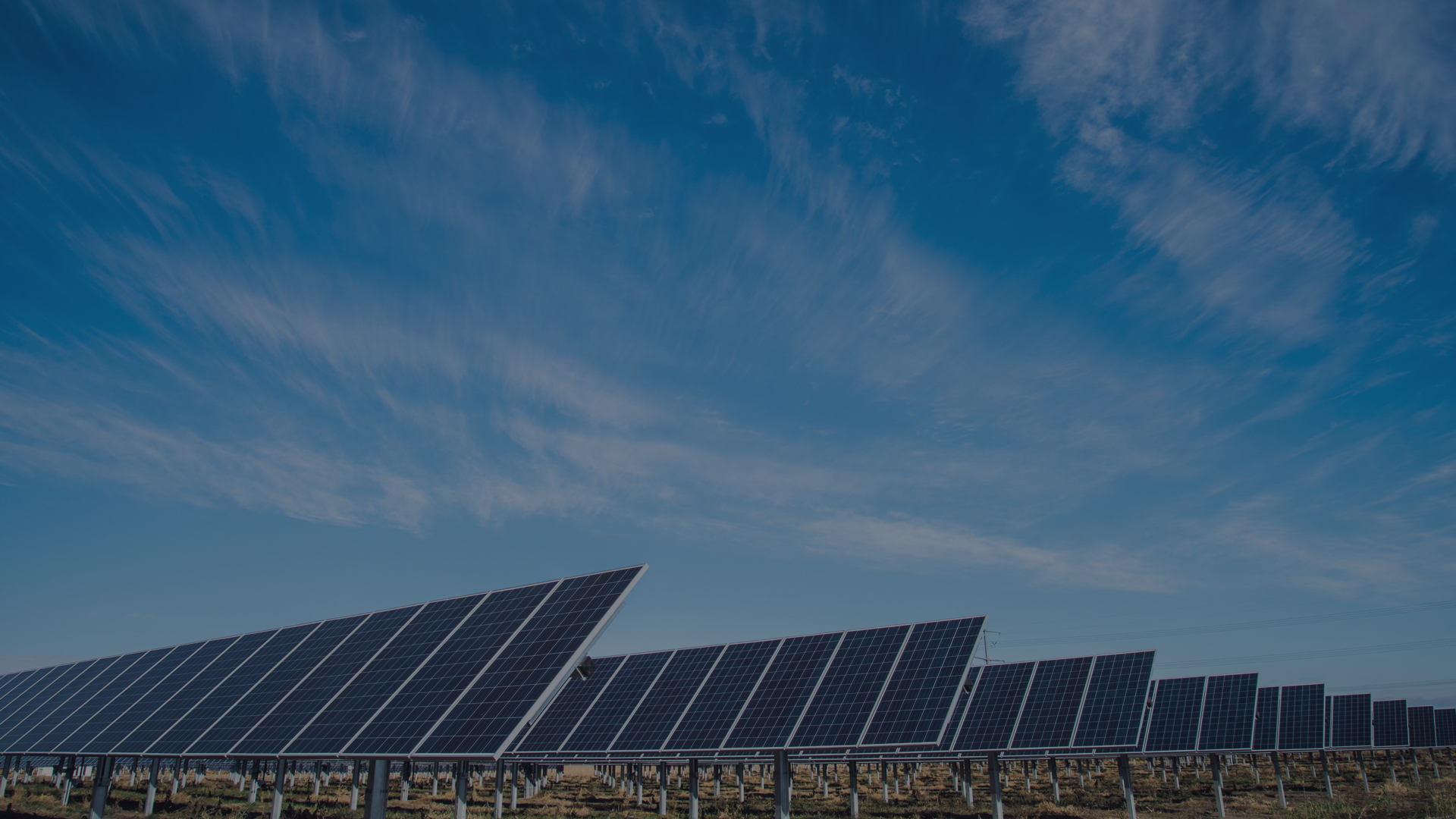Westminster has recently seen a debate on the subject of solar panel farms in rural areas, discussing the need to restrict poor practice within the industry.
With the need for renewable and alternative energy being of critical importance in the UK, solar farms have been increasing in popularity up-and-down the country. Not only do the schemes help communities significantly reduce energy bills for residents, but they also generate money through the government's feed-in tariff.
However, some initiatives have seen members of the local areas frustrated by perceived damage to the local environment and a blight on the regional rural landscape – especially in the case of larger-scale farms.
MP Sarah Wollaston described this as industrialising the countryside in the UK, but maintained that she was not anti-solar. Instead, Ms Wollaston is opposed to inappropriately sited developments of large panels or numerous ones.
Minister for energy and climate change Greg Barker has said in the House of Commons that he would be revealing revised plans for renewables guidance, in order to give local communities more power when it comes to proposed solar developments.
The Solar Trade Association (STA) has also recognised the need to develop solar farms responsibly.
STA head of external affairs Leonie Greene said: “We advised DECC to develop standards for solar farms last year. They didn't and it's therefore no surprise that we're seeing some irresponsible schemes that risk damaging the reputation of the sector. Poor solar farms upset responsible solar developers as much as anyone."
While the need for sustainable energy is of high importance, the needs of the local community and the effect on local wildlife should be considered before any scheme gets the go-ahead.
In most cases, solar panels can complement farm life, with animals able to graze underneath the panels.
Ms Greene also said that good solar schemes will help in providing support for farmers who are struggling from collapsed incomes.
